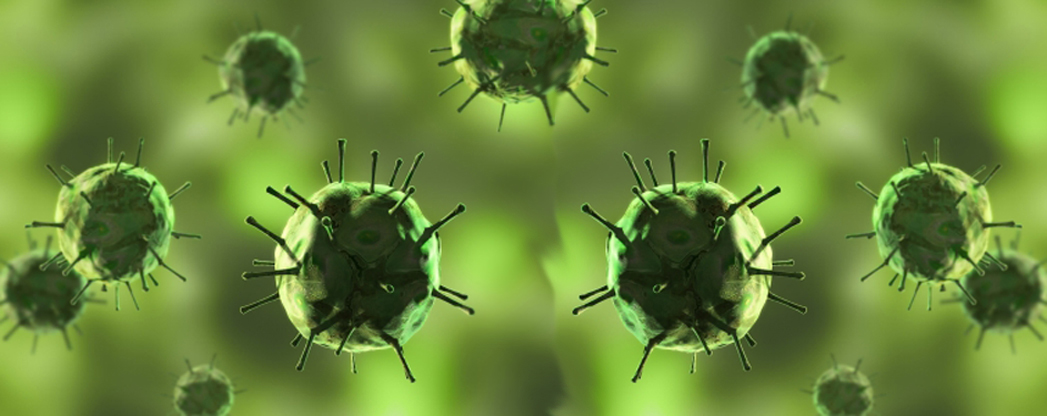
Inflammation is initiated in the peripheral blood vessels that become permeable to plasma proteins and immune cells, which leave the blood stream, and recruited to, and decontaminate microorganisms and dead cells in the tissue. Inflammation has a protective function but it can also induce tissue damage and disease. This can lead to damage to the host tissue. Normally, this damage is repaired when the inflammation wears off. If the infection is not eliminated or the tissue damage remains, the inflammation can become chronic.
Many infections are caused by viruses, which can be harder to treat than bacteria. The development of vaccines and antibiotics has reduced many serious infectious diseases. Overuse of antibiotics has, however, led to widespread resistance to many antibiotics, e.g. staphylococcus (MRSA) and Gram-negative bacteria but also against other microorganisms such as tuberculosis bacteria.
Research in the field of inflammation at LiU stretches over a broad area. Important areas are the origin and treatment of allergies and autoimmune diseases, vaccines and human genetic factors in virus infections, inflammation in mucus membranes, tuberculosis, resistance to antibiotics, tick-borne infections, and the role of inflammation in cardiovascular disease.
Clinical microbiology
Microbiology is the science of microorganisms, chiefly bacteria and fungi. Within clinical microbiology, they are studied from the viewpoint of health care and medical treatment. At LiU the interplay between host and microorganism is studied, for example chlamydia, borrelia, mycobacteria, lactobacilli, staphylococcus and enterococcus.
Medical microbiology
Medical microbiology comprises studies of microorganisms that have the ability to cause illness in humans. One of the pioneers in the field was Louis Pasteur (1822-1895), the man behind the rabies vaccine and the pasteurization of milk and wine. Research at LiU is directed towards allergies, infection, inflammation, and autoimmune diseases, as well as the origin of biofilm on tissues, and medical tools.
Viruses
A virus can only reproduce itself within a living host cell. Viruses spread in many ways: through insects, as droplets in coughing and sneezing, through bodily waste products or sexual contact. Research at LiU focuses on such things as the physiological mechanisms of viral diseases, immunity, vaccines, and genetic factors in humans that affect susceptibility to viral infections.